Upliftment of OBCs: Human Rights Perspective
The evil of caste system has persisted for several thousand years in the Indian society. On the one hand, it has bestowed hierarchically graded privileges on some sections of society and inflicted a series of disabilities, on the other. In this hierarchical social order, created by the so called higher castes, the downtrodden were stripped off even the equitable opportunities for social, political, economic and educational development.
It is against this backdrop that our political leaders were compelled to adopt the policy of social justice with an emphasis on compensatory discrimination as an equaliser to those who were weak socially and economically and hence the reservation policy came into being. The present study is an attempt to see as to what extent the beneficiaries of reservation policy have really been benefited. It also assesses the impact of various measures adopted for the welfare of scheduled castes (SCs), scheduled tribes (STs) and the other backward classes (OBCs). An endeavour is also made to examine empirically the political, social, economic and educational impacts of reservations. It also finds out the extent to which these people have progressed by virtue of constitutional safeguards in due course of time. The transformation of the traditional caste system and practice of untouchability has also been discussed.
Get it now and save 10%
BECOME A MEMBER

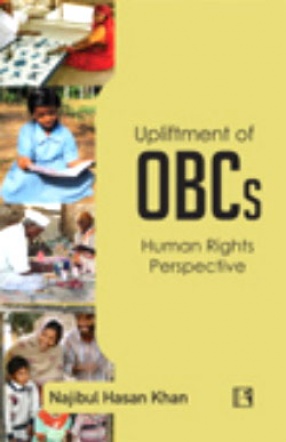
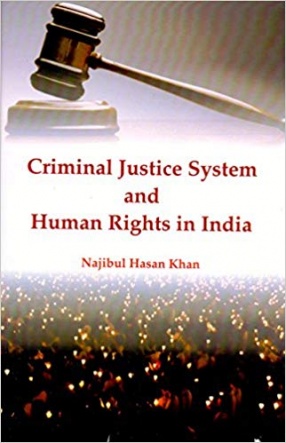

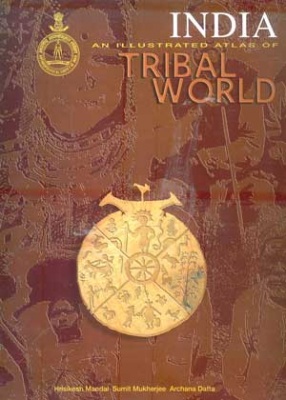
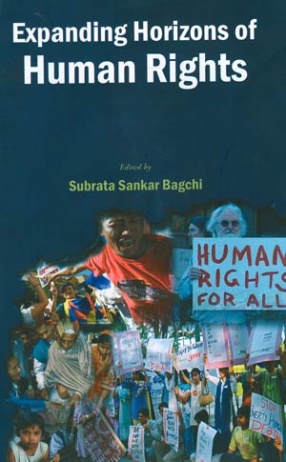
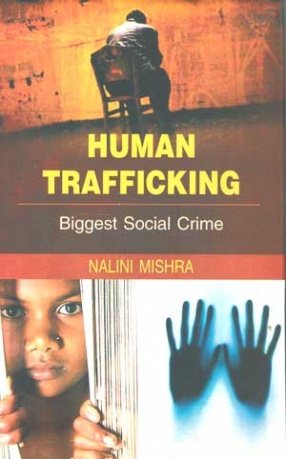

Bibliographic information